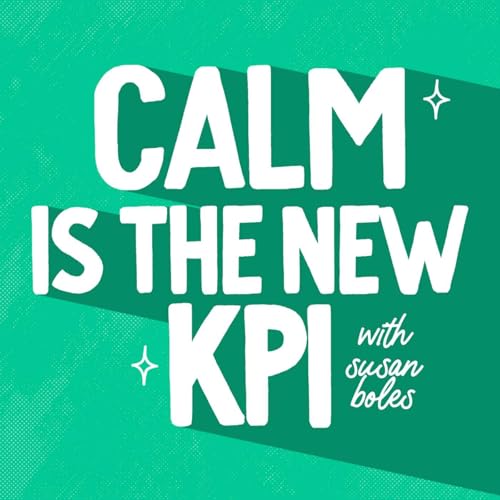
The Most Human Metric in Operations: Layla Pomper’s Death List KPI
Failed to add items
Sorry, we are unable to add the item because your shopping cart is already at capacity.
Add to basket failed.
Please try again later
Add to Wish List failed.
Please try again later
Remove from Wish List failed.
Please try again later
Follow podcast failed
Unfollow podcast failed
-
Narrated by:
-
By:
About this listen
What if your most important KPI wasn’t about revenue, leads, or efficiency—but about people? In this episode, operations strategist Layla Pomper shares the story of her Death List KPI: a surprisingly human metric born out of emergency planning that reshaped her entire approach to resilience.
What started as a morbid exercise—writing down who her partner should call if she died—became a powerful reframe. It forced Layla to measure not just internal systems, but the strength of her external relationships. The result? A business that’s not only operationally sound, but relationally resilient.
What You’ll Learn
- Why a Death List KPI matters more than a perfectly documented SOP.
- How to structure your own list by category: legal, financial, operational, technical.
- The role of community as real business infrastructure.
- Why operators in particular need a stronger “village.”
- How one metric can cascade into redesigning your business model, marketing, and personal priorities.
Learn More About Layla Pomper
- Check out ProcessDriven on LinkedIn
- Check out ProcessDriven on Youtube
- ProcessDriven.co
- (00:00) - Introduction: The Importance of a Death List
- (00:38) - Layla Pomper's Realization and Shift
- (01:43) - Defining the Death List
- (02:53) - Building a Resilient Business Community
- (05:08) - Implementing the Death List in Business Operations
- (35:29) - Conclusion: The Power of Community
Check out the SOP Swap at ProcessDriven
No reviews yet
In the spirit of reconciliation, Audible acknowledges the Traditional Custodians of country throughout Australia and their connections to land, sea and community. We pay our respect to their elders past and present and extend that respect to all Aboriginal and Torres Strait Islander peoples today.


